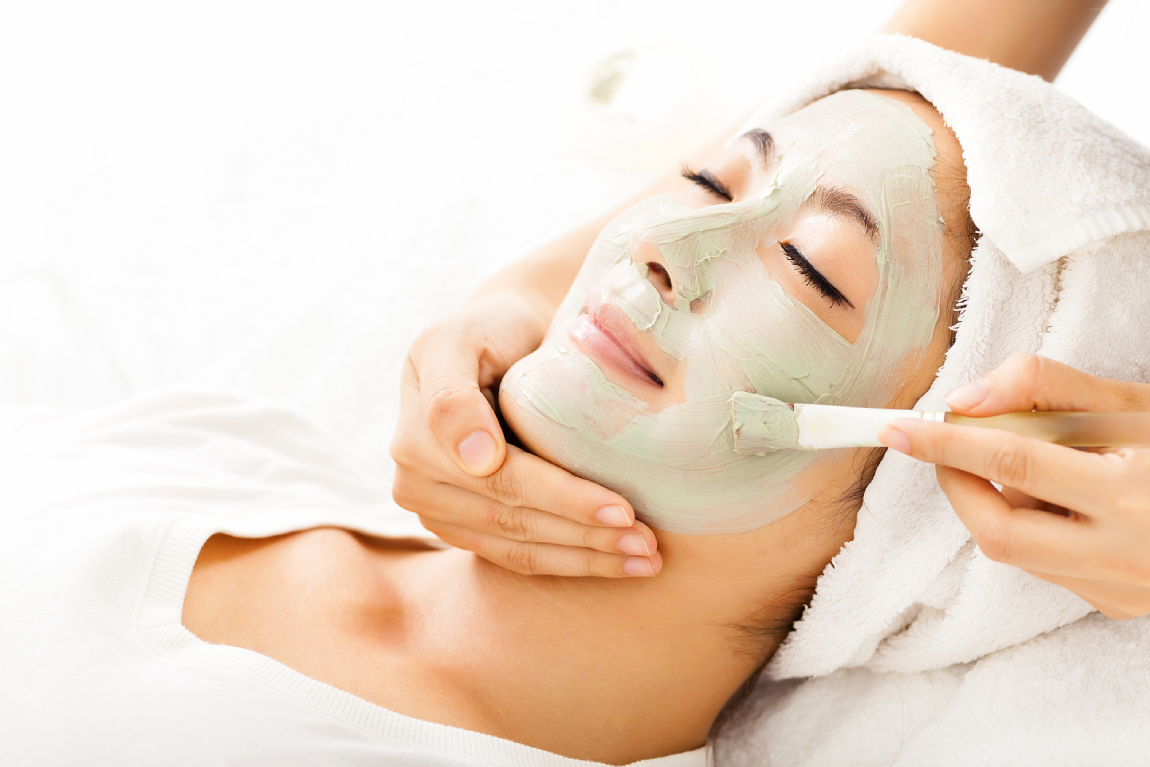
Sensitive skin requires extra care and attention, especially when it comes to facials. The wrong treatment can lead to redness, irritation, or discomfort, making it essential to choose a facial that soothes rather than stresses your skin. If you often experience tightness, dryness, or reactivity to products, a carefully selected facial for sensitive skin can help restore balance, strengthen your skin barrier, and enhance your natural glow.
In this guide, we’ll walk you through how to choose the best facial for sensitive skin, what ingredients to look for, and how to ensure your skin remains calm and healthy post-treatment.
Sensitive skin is more reactive than other skin types and is prone to irritation from environmental factors, skincare products, and even temperature changes. Common signs of sensitive skin include:
Because of these challenges, not all facials are suitable for sensitive skin. Treatments that include strong exfoliants, harsh active ingredients, or excessive extractions can do more harm than good. The key is to choose a facial for sensitive skin that focuses on hydration, barrier repair, and gentle care.
When selecting a facial, it’s important to ensure the treatment is designed to be soothing and non-irritating. Here are the key factors to consider:
1. Gentle, Skin-Strengthening Ingredients
The best facials for sensitive skin use ingredients that calm inflammation, hydrate deeply, and support the skin’s natural protective barrier. Look for:
Avoid facials that contain fragrance, alcohol, or harsh exfoliating acids like glycolic acid, as these can trigger sensitivity.
2. Minimal or No Exfoliation
While exfoliation can help achieve brighter skin, for those with sensitive skin, less is more. Strong exfoliants, such as rough scrubs or chemical peels, can cause redness and irritation.
Instead, opt for treatments that use enzyme-based exfoliation or mild fruit acids that gently refresh the skin without stripping its protective layer.
3. Hydration is Key
Sensitive skin often struggles with maintaining moisture, which can lead to dryness and irritation. A good facial for sensitive skin should focus on hydration to restore balance and strengthen the skin’s resilience.
Look for facials that incorporate:
A well-hydrated skin barrier is less prone to sensitivity and irritation, making hydration-focused facials a great choice.
4. Avoid Aggressive Massage or High Heat Treatments
While facial massages can improve circulation, excessive pressure or intense facial manipulations can aggravate sensitive skin. Stick to treatments that involve gentle, soothing techniques rather than deep-tissue facial massages.
Additionally, avoid facials that use:
For sensitive skin, a facial should be a relaxing and calming experience, not one that leaves your skin feeling stressed.
After a facial, your skin is more receptive to skincare products, but it can also be more delicate. Here’s how to care for it post-treatment:
With proper post-facial care, you can extend the benefits of your treatment and keep your skin calm and balanced.
Choosing the right facial for sensitive skin can make a significant difference in how your skin looks and feels. The best facials are those that prioritise soothing ingredients, hydration, and gentle techniques, while avoiding harsh exfoliants and excessive extractions.
If you’re looking for a professional skincare solution tailored to your sensitive skin, Adonis Skincare offers specialised treatments designed to restore balance, hydration, and radiance—without irritation.
Visit Adonis Skincare to discover facials that cater to your skin’s unique needs and experience calm, healthy skin today!
Get first access to our latest products, promotion & events.